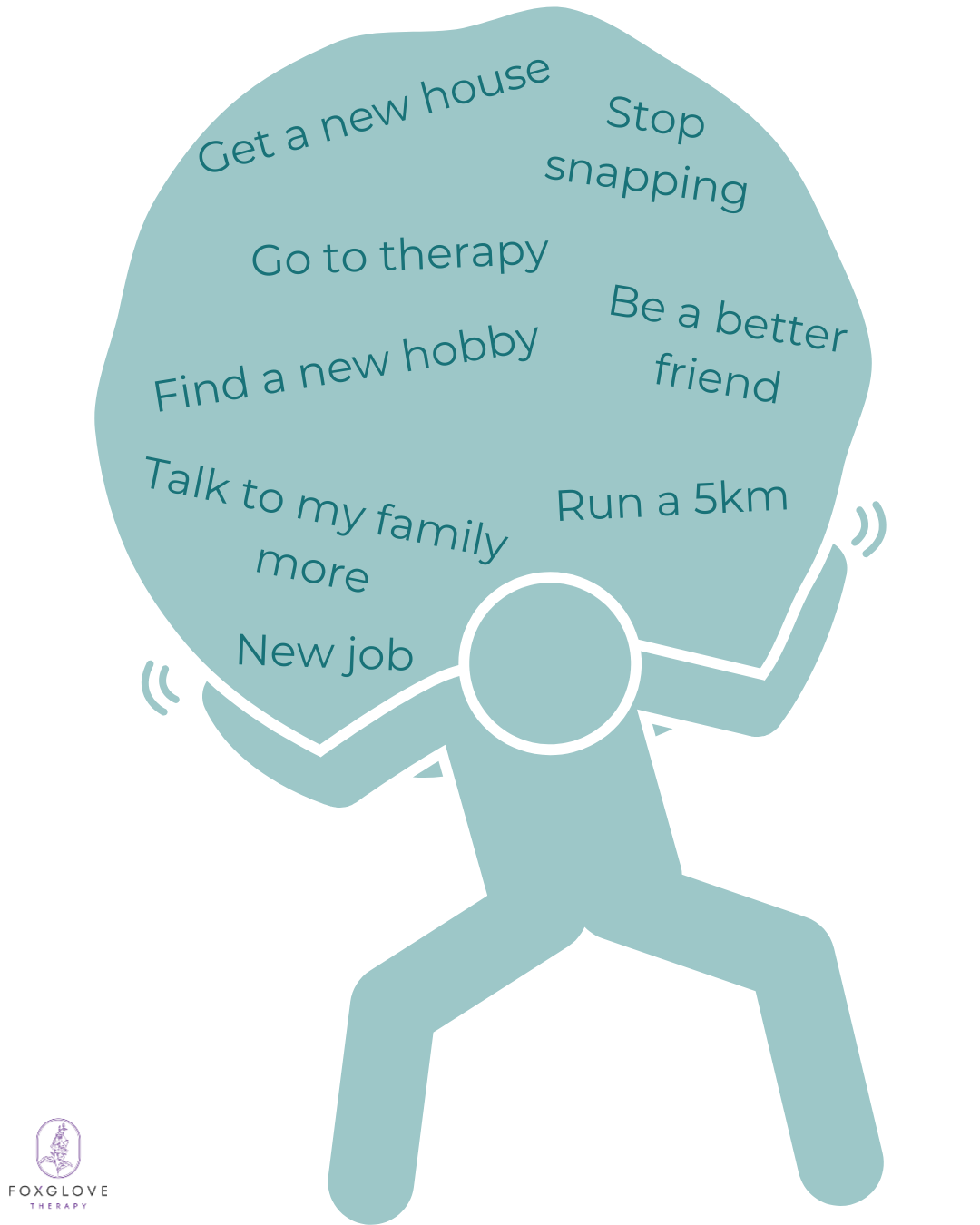Tips on Setting Goals
I share with you how I set goals with my clients in therapy so that they are more achievable.
Insight into my week
Over the past week I have had a number of discussions with clients about goals. These can be clients at the start of therapy, but also clients who are part way through their treatment too. Goals are an important part of therapy because they can give us a shared focus point but they also help to structure the sessions. Goals give me an insight, as a therapist, into what is important to the client and helps me to create treatment plans based off these aims.
Trying to create goals can be tricky, especially if we don't know what we want to aim for or if there are too many things we feel that we need to accomplish. I wanted to share with you how I set goals with my clients which will hopefully help you to create achievable goals for yourselves.
Insights to take away
No Idea of a Goal
For those of you who are struggling to think of goals, it can be helpful to look at different areas of your life and consider if there are things you would like to improve. The overarching areas can include social life, romantic relationships, skills, work, hobbies or health. Providing each area with a score can be helpful to see how strong these areas are. For example on a scale of 1 to 10, how content are you with your social life? Where 1 is not content or happy at all and 10 is content and happy.
Following this, if there are areas that you feel do need improvement, be curious about the score. It can be helpful to ask yourself:
What would help your score improve, even by 1 point?
Why did you score _______ a ____ out of 10, what do you feel is missing? (e.g. Why did you score social life a 3 out of 10, what do you feel is missing?)
What would help you to feel more content in that area?
Too Many Ideas for Goals
When a client feels overwhelmed by all the things they feel that they need to accomplish, they feel stressed and do not know where to start. This is when we need to learn to prioritise what is important and be compassionate with ourselves.
Choosing what to priorities can be based upon answers to questions such as
What has the earliest time pressure?
What would have the most significant impact on your wellbeing if it was achieved first?
When there are too many things we would like to work on, the first step I do is to work with my client to try and break the problem down into smaller, more doable steps. I ask them to choose the top 3, then break those goals down into even more achievable steps.
Feeling overwhelmed by our goals can be one of the biggest reasons why we do not accomplish them.
We get trapped into the cycle of wanting to do too much, getting overwhelmed, avoiding what is making us feel stressed then feeling like we have too much to do.
A Loose Idea of a Goal
Sometimes I get clients come with a goal but it can lack specificity or it can be tricky to measure. I think we all have these goals at times because we understand we want something to change but are not sure how. These goals often sound like “I want to be more confident” or “I want to worry less”. These are great things to want for ourselves but we need to give ourselves an understanding of what this will look like.
Questions that are helpful with general statements like this can be:
How will you know this has happened? What will look different?
Will you be doing something different?
Are there things you would be doing more/less of, if you achieved this goal?
Would others notice if this has happened? If so, what would they see?
The SMART acronym is also helpful here when trying to create more clear goals:
Specific - what does this specifically look like or mean to you?
Measurable - how will you know things have started to change?
Achievable - how will you make it doable?
Resources - what will you need to help you?
Time Focused - what is the time frame you are giving yourself?
Final comments
Goals can be tricky and can take time to understand exactly what we want to achieve. It can also feel a little scary to create a goal as we can feel pressure to start it once we have created an action plan, so we can avoid thinking about it due to not feeling ready.
Are there any other ways that you create your goals? Let me know in the comments below.


